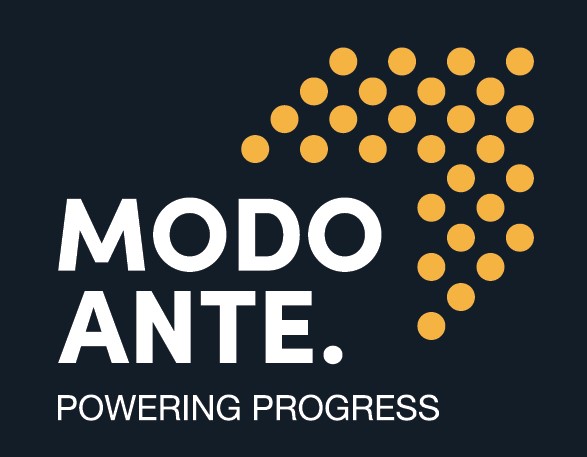Nigerian state governments have been grappling with the challenge of financial independence for decades. The reliance on federal allocations, coupled with limited revenue generation capabilities, has hindered their ability to deliver essential services to their constituents. However, a promising solution lies in the strategic implementation of Public-Private Partnerships (PPPs).
Understanding PPPs
PPPs involve collaborations between public and private sectors to deliver public services. The private sector brings in expertise, capital, and efficiency, while the public sector provides regulatory oversight and public goods. This mutually beneficial arrangement offers a viable path for state governments to achieve financial autonomy.
Key Benefits of PPPs for Nigerian State Governments
- Increased Revenue Generation: PPPs can generate significant revenue for state governments through concession fees, user charges, and other mechanisms. For instance, the Lagos State government has successfully implemented PPPs in various sectors, including transportation, housing, and healthcare, leading to a substantial increase in its revenue base.
- Improved Infrastructure Development: PPPs can accelerate the development of critical infrastructure, such as roads, bridges, and power plants. The private sector’s efficiency and financial capabilities can ensure that these projects are completed on time and within budget.
- Enhanced Service Delivery: PPPs can lead to improved quality and efficiency of public services. By leveraging the private sector’s expertise, state governments can deliver better healthcare, education, and other essential services to their citizens.
- Risk Sharing: PPPs allow state governments to share risks with the private sector. This can help mitigate the financial burden associated with large-scale projects and protect public funds.
Challenges and Considerations
While PPPs offer significant benefits, they also present challenges. Careful planning, risk management, and effective governance are essential for successful implementation. Some key considerations include:
- Legal and Regulatory Framework: A robust legal and regulatory framework is necessary to protect the interests of both public and private partners.
- Transparency and Accountability: PPPs must be transparent and accountable to ensure public trust and prevent corruption.
- Capacity Building: State governments may need to build capacity to effectively manage PPP projects.
How Modo Ante Can Help
Modo Ante, with its deep understanding of the Nigerian public sector and expertise in PPPs, can provide invaluable support to state governments. Our services include:
- PPP Strategy Development: We can help develop tailored PPP strategies that align with the specific needs and objectives of each state government.
- Project Structuring: We can assist in structuring PPP projects to optimize value for the public sector and minimize risks.
- Transaction Management: We can provide comprehensive transaction management services, including due diligence, negotiation, and contract drafting.
- Risk Assessment and Mitigation: We can help identify and mitigate potential risks associated with PPP projects.
- Capacity Building: We can provide training and capacity-building programs to equip state government officials with the skills needed to effectively manage PPPs.
By leveraging the power of PPPs, Nigerian state governments can achieve financial independence, improve service delivery, and enhance the quality of life for their citizens. Modo Ante is committed to supporting these efforts and ensuring the successful implementation of PPP projects.



